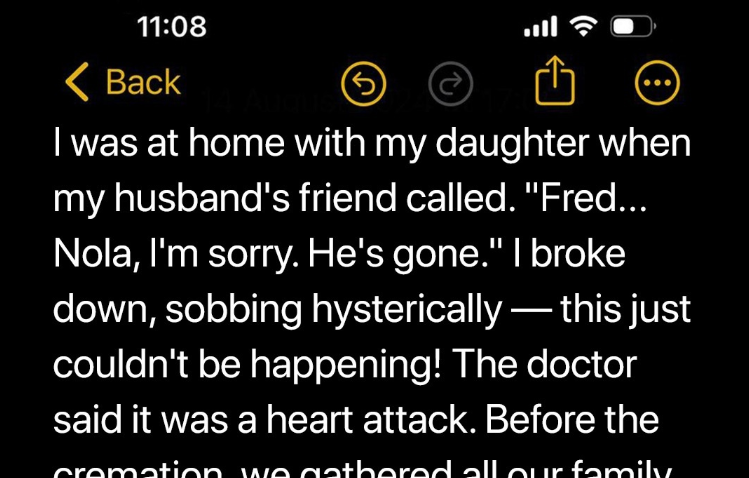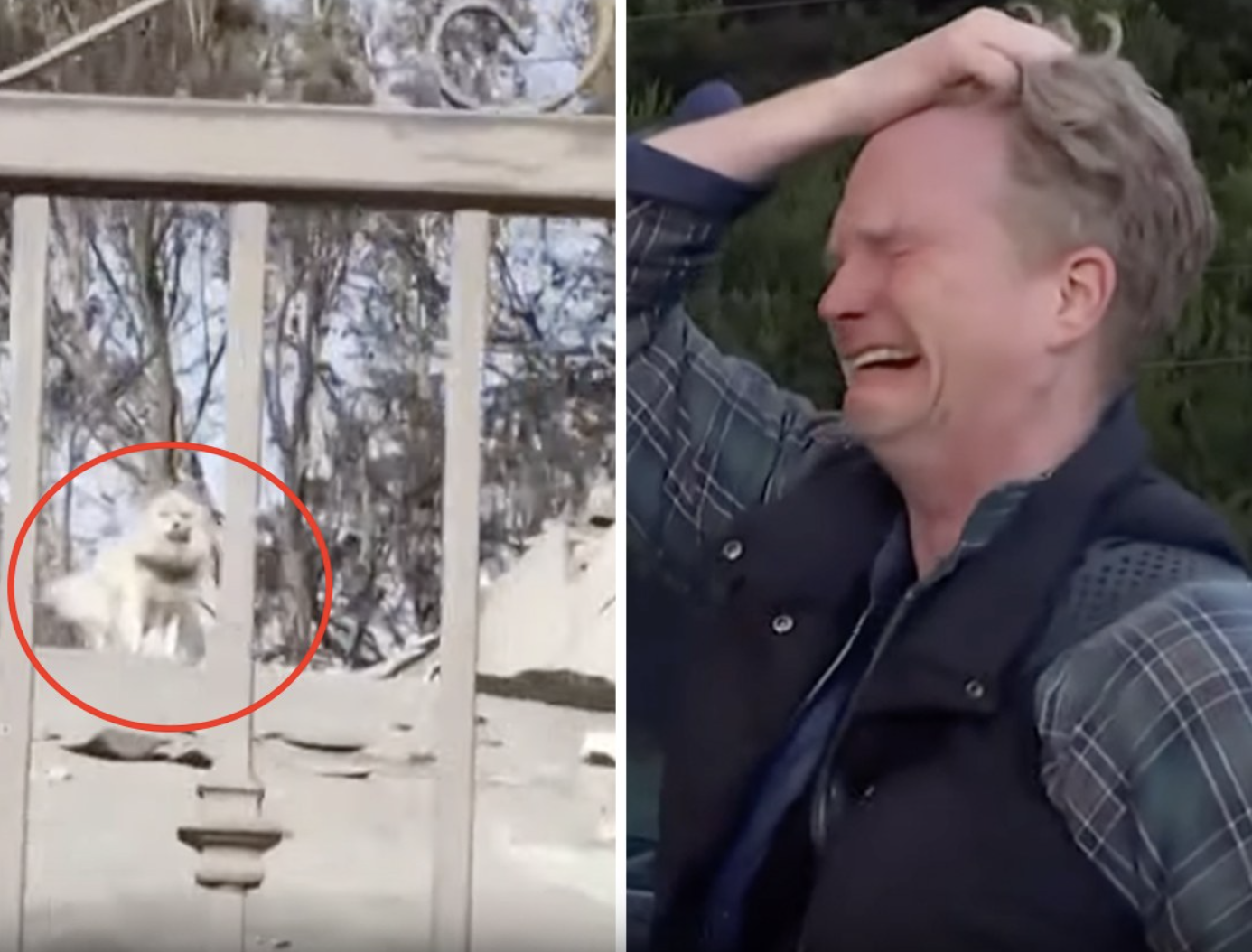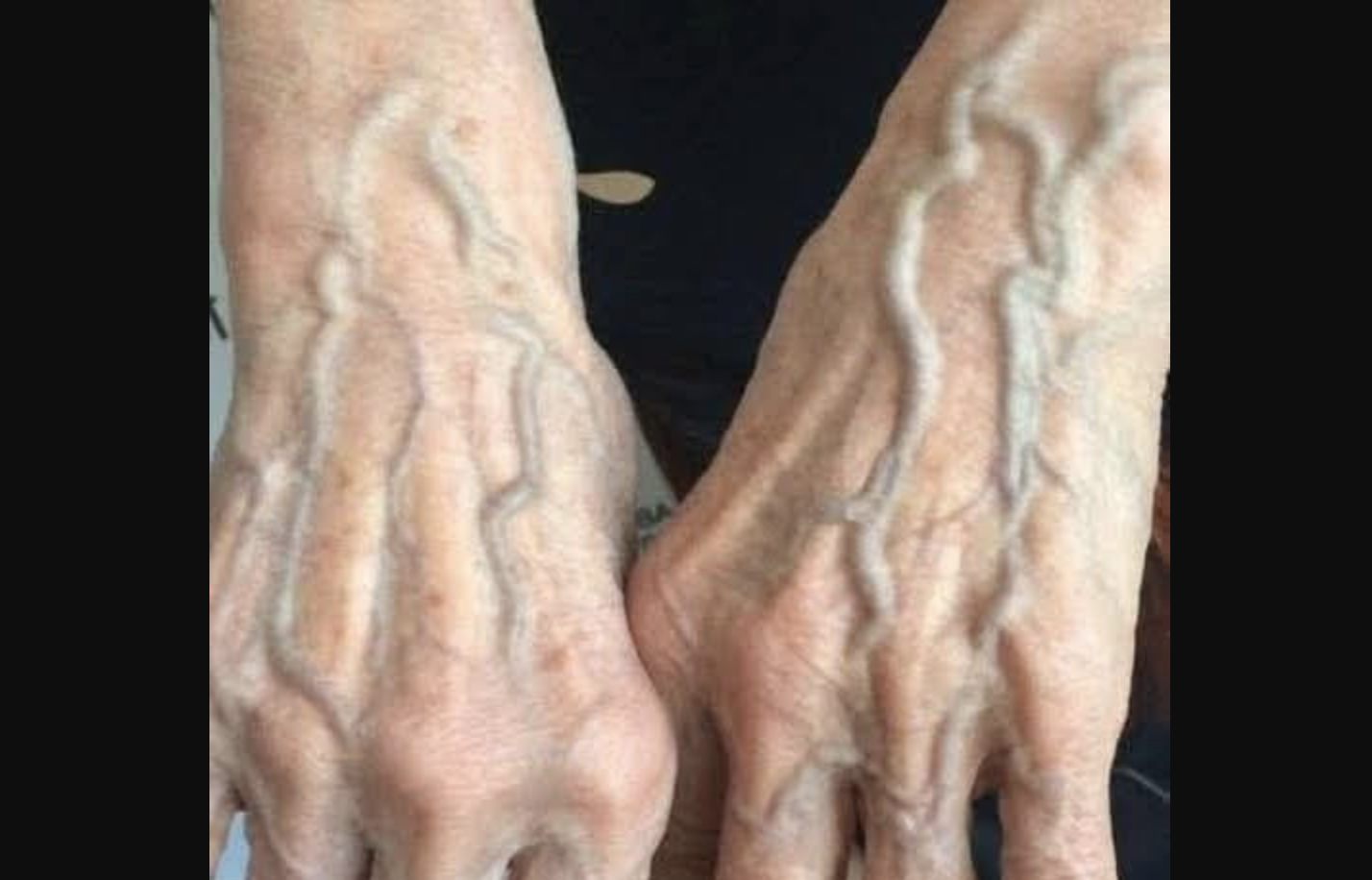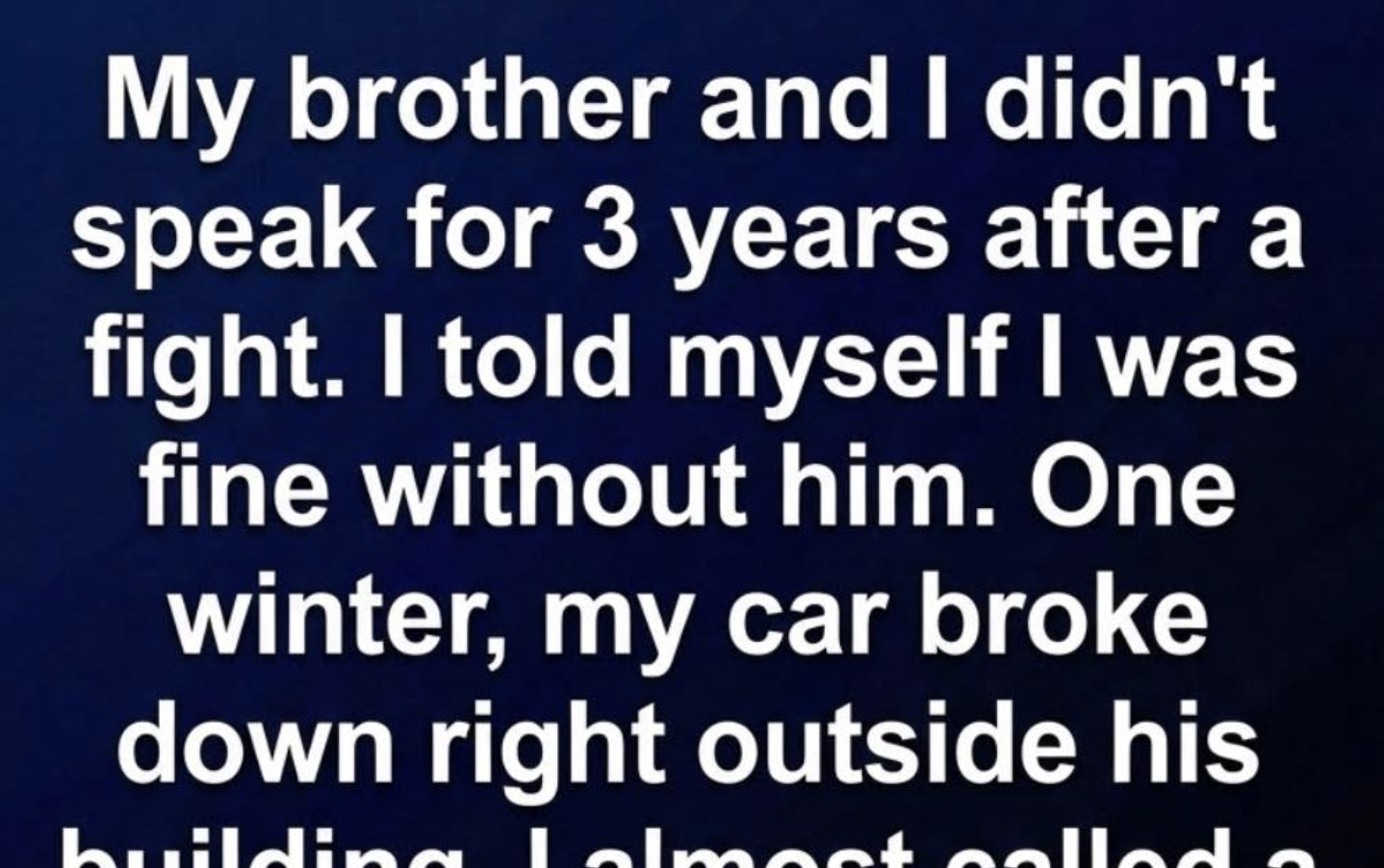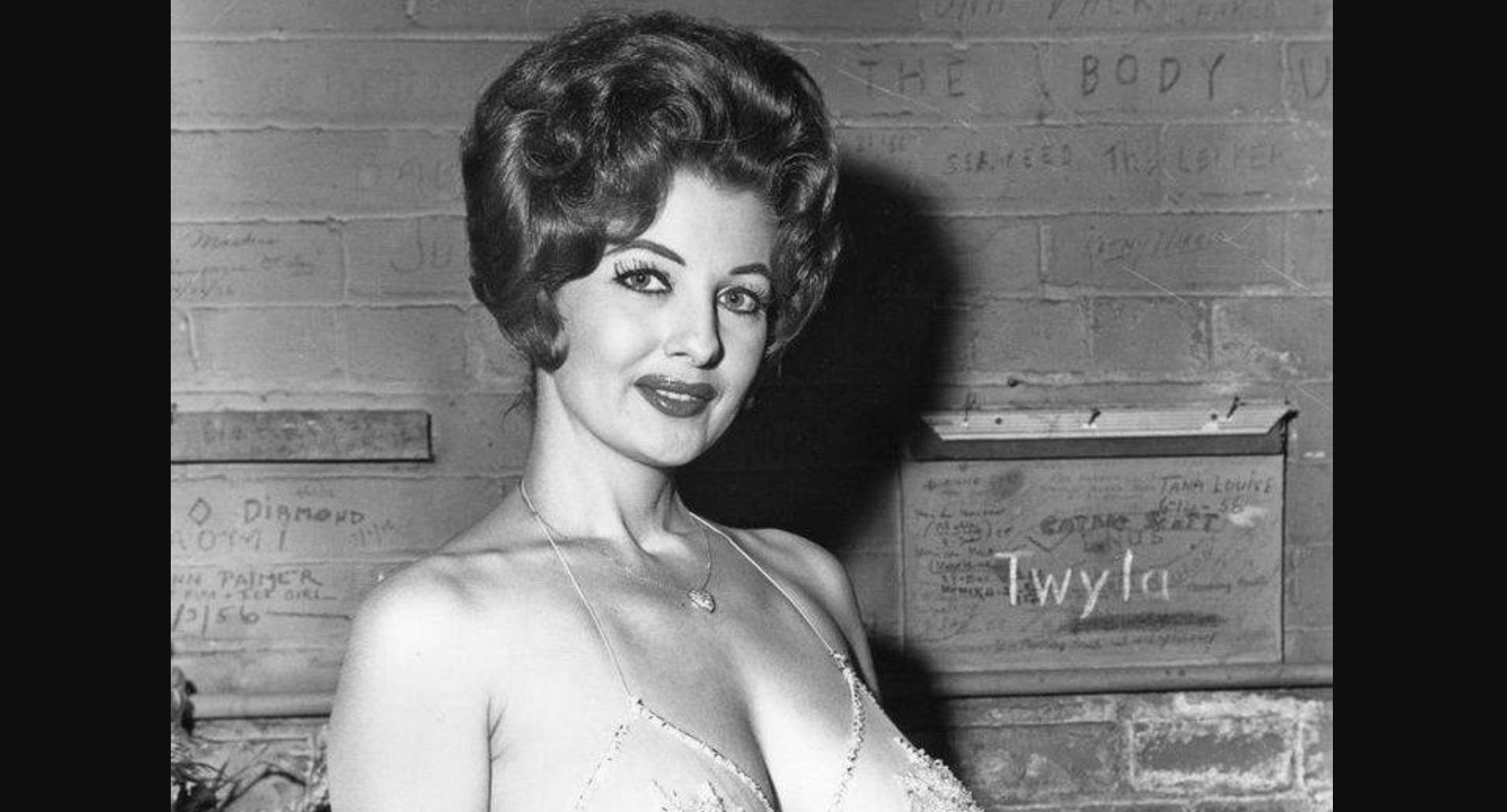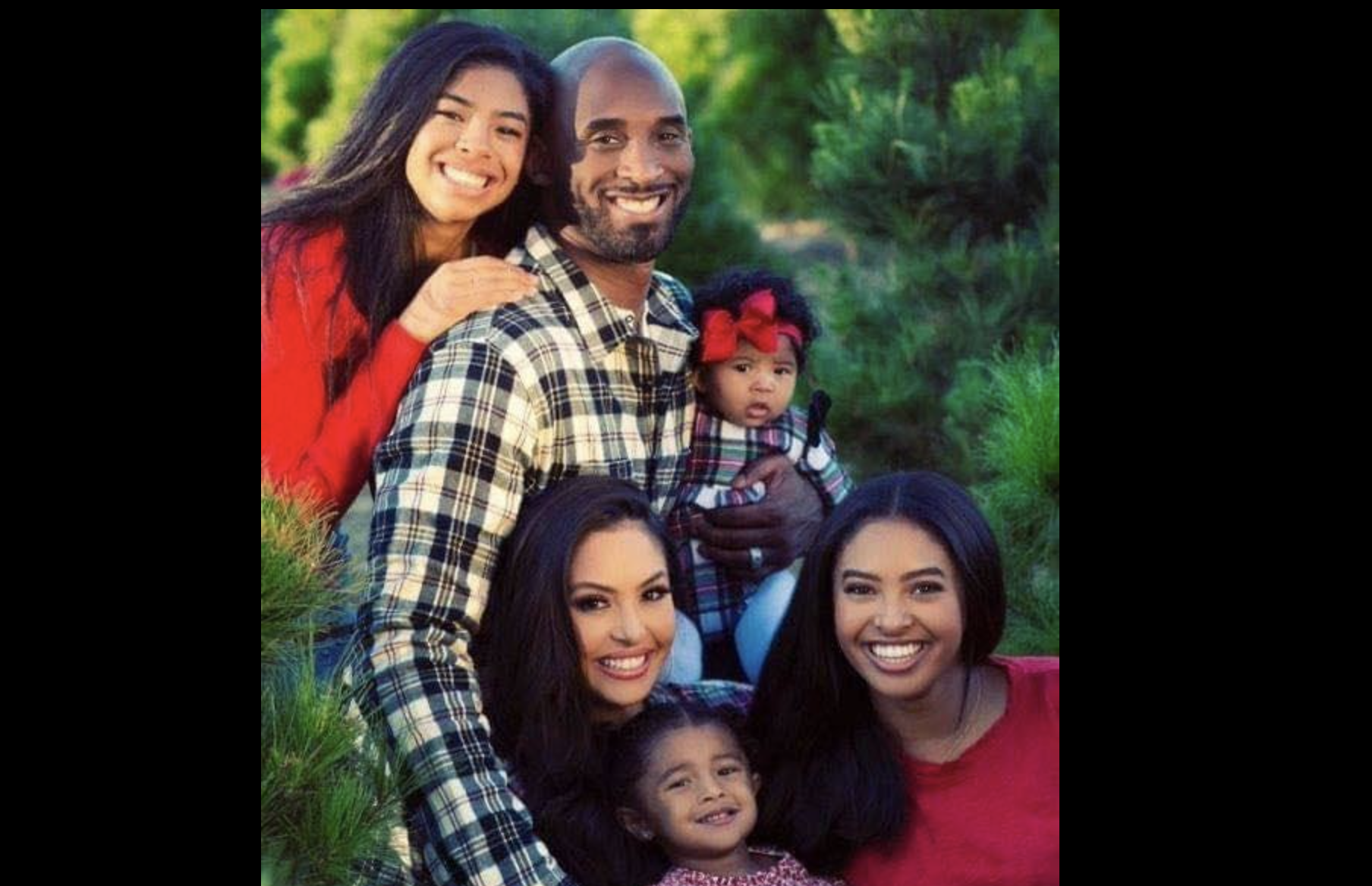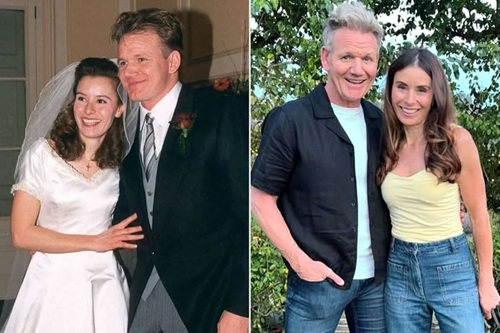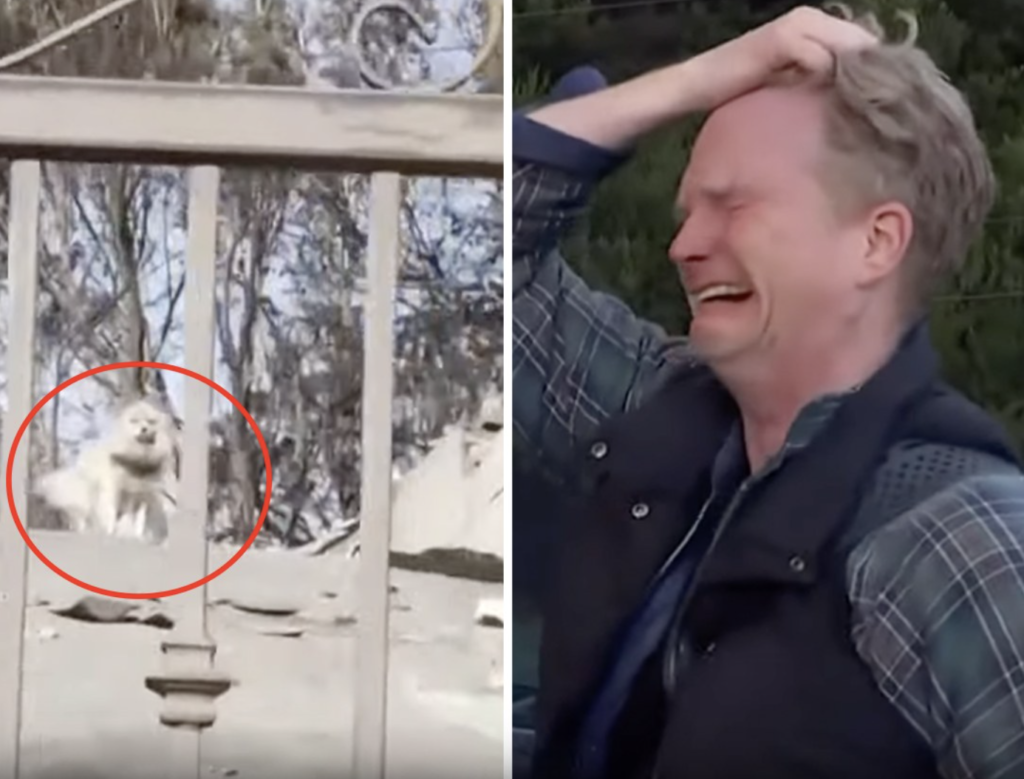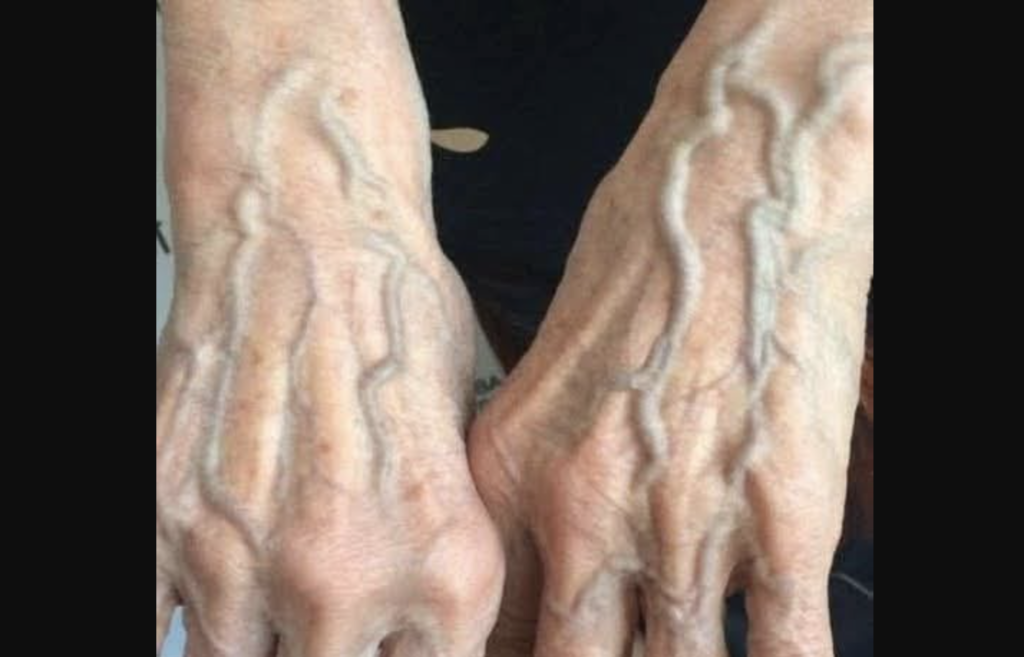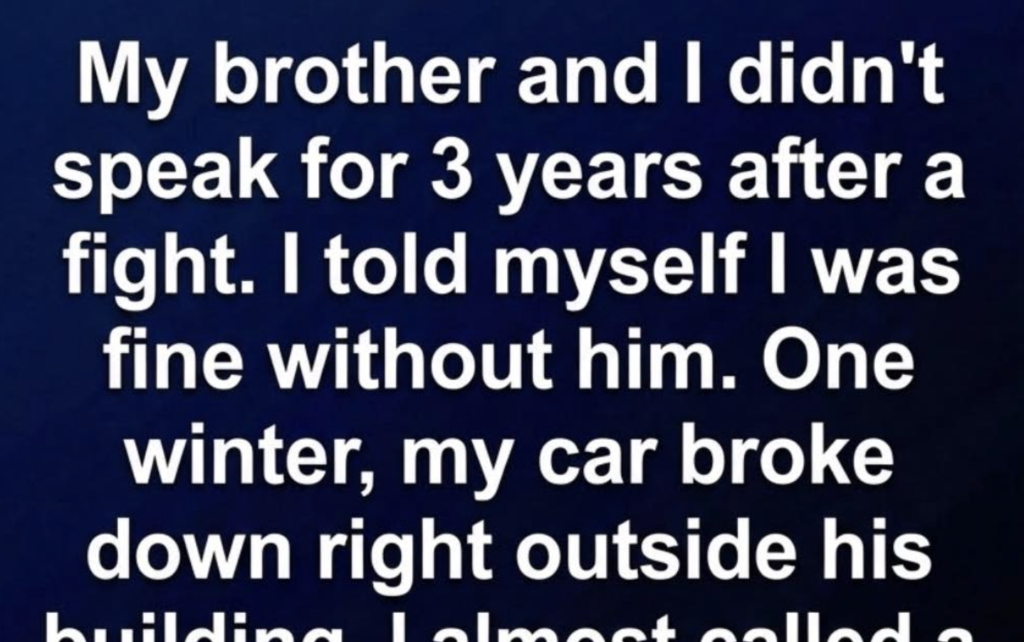Nola believed her life had shattered when the phone rang with devastating news. Her husband, Fred, had collapsed during a weekend fishing trip. When paramedics reached him, they pronounced him dead. At the coroner’s office, Nola stood before his body—pale, motionless, unmistakably Fred. Overwhelmed by sorrow, she followed his final wishes: no embalming, no autopsy, only cremation.
In a fog of grief, she organized the funeral, tending to every detail as if guided by instinct. Loved ones gathered, their words of comfort barely reaching her ears. When the moment arrived to seal the casket, a quiet resolve stirred within her. She stepped closer, yearning for one final connection. One last touch. One last kiss.
As her lips met his, she paused. A tremor. A faint movement. His eyelids flickered open. The room erupted—guests gasped, some screamed, and the funeral director’s clipboard clattered to the floor. Nola’s heart stilled, then pounded as the impossible unfolded. Her husband, declared dead, was alive.
Paramedics swiftly transported Fred to the hospital, where doctors revealed the astonishing truth: a rare, severe allergic reaction to a bee sting had plunged him into a coma so profound it mimicked death. It deceived everyone—except Nola. Her decision to honor his wishes, avoiding invasive procedures, had unknowingly preserved his chance to awaken.
Fred’s recovery was gradual, marked by confusion but brimming with life. Gratitude filled the void where grief once lingered, and Nola, once a widow, became the woman who kissed her husband back to life. Their extraordinary tale became a cherished whisper among friends and family: always cherish your farewells, for they might bloom into a miraculous hello.
